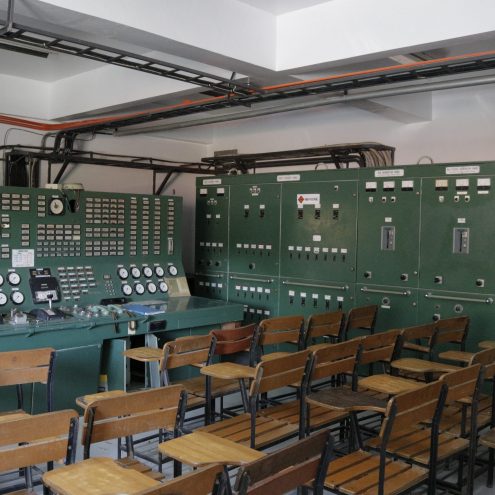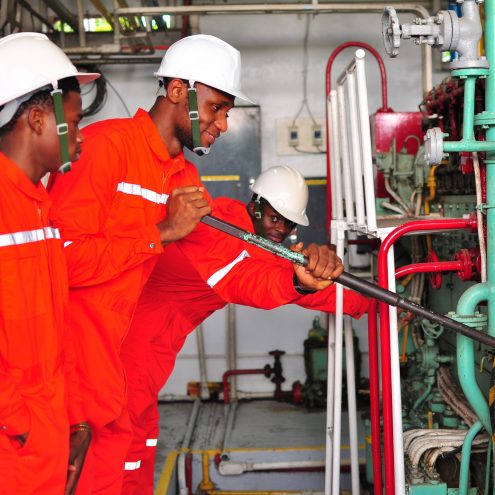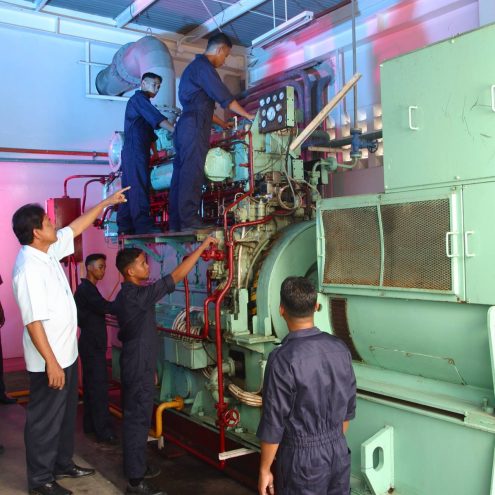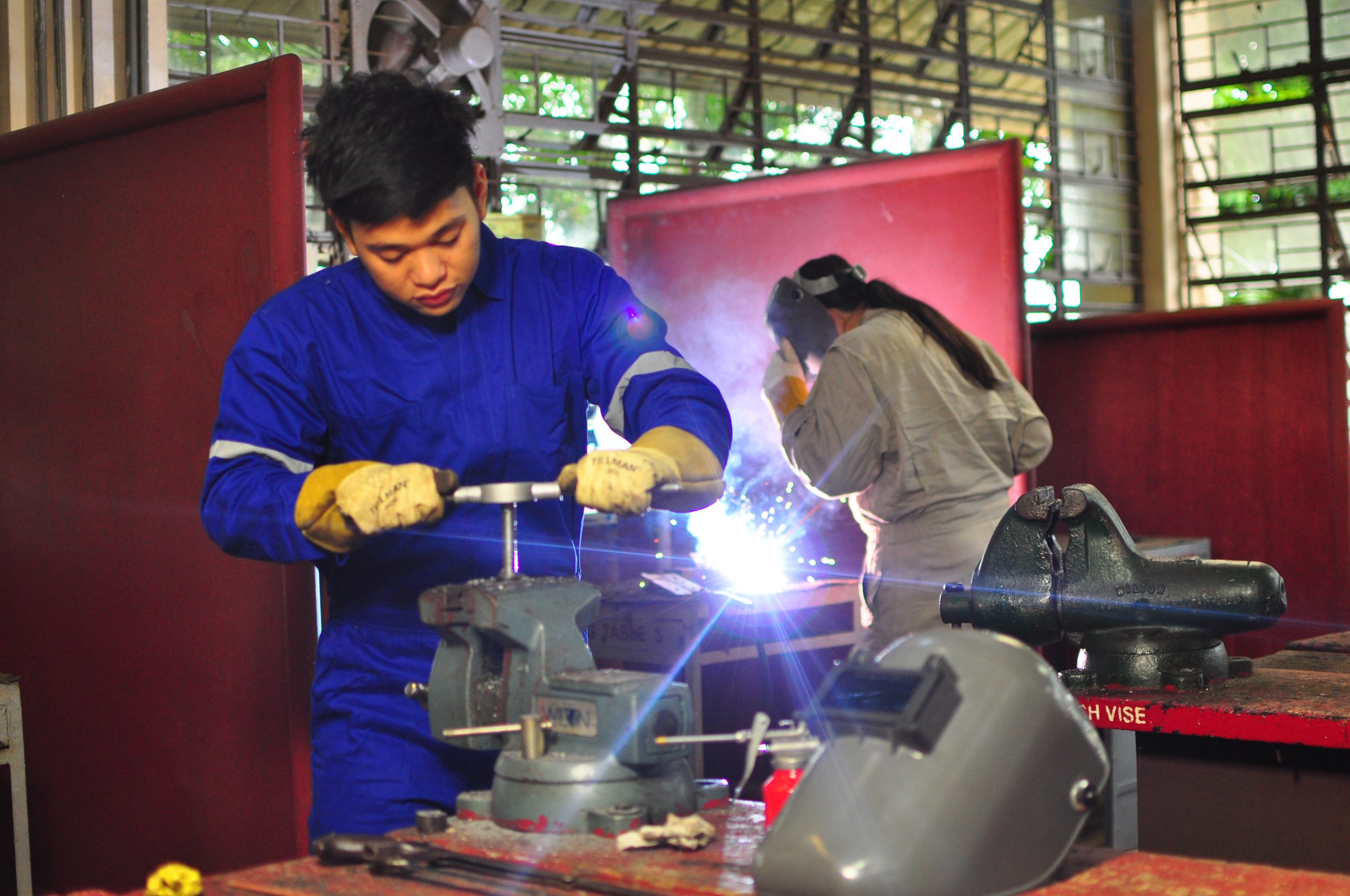Mechanical Engineering is a profession that concerns mechanical design, energy conversion, fuel and combustion technologies, heat transfer, materials noise control and acoustics, manufacturing processes, rail transportation, and automatic control, with safety and technological impacts to the society.
Accreditation:
PACUCOA Level III Reaccredited Status









